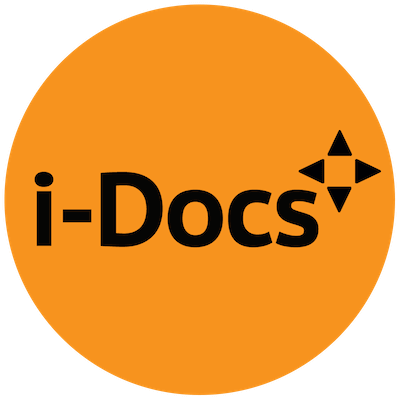Laura is a PhD researcher at the School of Media, Film and Journalism. She holds a BA in Journalism from Fumec University, Brazil, and a Master in Media and Communication from Stockholm University, Sweden. Her previous research focused on the community murals of Northern Ireland and she has also worked as a freelance journalist and photographer in Brazil and in Sweden.
Her current research focuses on the Prisons Memory Archive (PMA) which consists of a collection of almost 200 interviews recorded in the prisons of Armagh Gaol and the Maze/Long Kesh where key events of the Troubles took place. The project brought prisoners, teachers, prison officers, chaplain, and probation officers back to the prisons to share their own memory of the time they spent there. Her research adopts an interdisciplinary approach that involves anthropology, documentary studies, post-conflict studies and museum studies and investigates what happens when multi-narratives of a society emerging out of conflict are placed in museums.
Utilising practice as research methodology, she is developing two forms of exhibition – an interactive in which the audience chooses which narrative they will engage with and a linear short documentary in which the public will hear several narratives – and she attempts to address questions such as what’s the role ethics play in displaying such narratives, how audience and participants respond to different types of exhibition, among others.
Session Title: Unseen Women: Stories from Armagh Gaol; Designing software for an interactive digital archive
The Prisons Memory Archive (PMA) is currently designing software to display the multiple- narratives from the Troubles prisons in Northern Ireland. In 2006, inside Armagh Gaol, which held primarily female prisoners, the PMA recorded 35 participants including prisoners, prison staff and teachers, who walked and talked their way around the empty site. A selection of material is hosted on www.prisonsmemoryarchive.com and in 2011 the PMA held screenings of a 30min linear documentary ‘Unseen Women: Stories from Armagh Gaol’ with contributions from a prison officer, two Open University tutors, one loyalist prisoner and three republican prisoners.
Along with the Computing School at the University of Ulster, we are designing a pilot software in order to create an interactive digital archive so that users will be able to create their own documentary as they navigate through contested memories from a conflicted past.
This paper addresses the issues encountered while developing the software such as identifying keywords from contested narratives; dealing with political and psychic sensitivity and ethics; the importance of collaborative recording, editing and exhibiting in a society emerging out of political violence; and the overlapping role of the author and audience in an
interactive documentary with multiple narratives.

